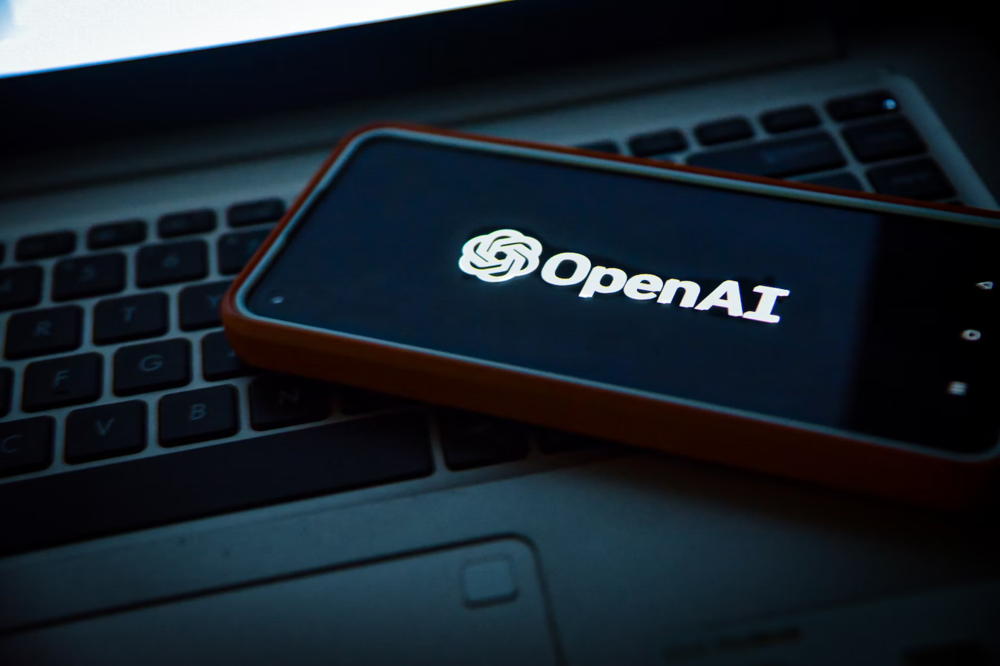

Image credit: Levart Photographer/Unsplash
The Competition and Markets Authority (CMA) has begun seeking feedback on the partnership between Microsoft and AI pioneer OpenAI.
The UK antitrust regulator announced on Friday it is seeking feedback whether the recent developments at OpenAI “has resulted in a relevant merger situation” that it needs to investigate.
Microsoft, it should be remembered, was firmly rebuked for its conduct by the CMA in October after the UK regulator reversed its initial ban and approved the Activsion Blizzard acquisition after Microsoft made a significant concession.
Now on Friday the CMA announced it is seeking industry views about Microsoft and another organisation.
The CMA said it has extended an invitation “for interested third parties to comment on whether the partnership between Microsoft and OpenAI, including recent developments, has resulted in a relevant merger situation and, if so, the impact that the merger could have on competition in the UK.”
The Invitation to Comment (ITC) is the first part of the CMA’s information gathering process and comes in advance of any launch of a formal phase 1 investigation.
The CMA said that it has been closely monitoring the impact of partnerships and strategic agreements which could result in a weakening of competition in the development or use of FMs (foundation models).
Microsoft has, or has pledged to invest over $10 billion in the start-up and uses OpenAI technology for most of its AI offerings. OpenAI also utilises Azure cloud services.
The CMA said Microsoft’s multi-billion dollar investment, collaboration in technology development and exclusive provision of cloud services by Microsoft to OpenAI, “represents a close, multi-faceted relationship between two firms with significant activities in FMs and related markets.”
And the CMA noted the recent developments in the governance of OpenAI – some of which it said involved Microsoft.
Last month OpenAI’s non-profit board of directors had shocked the tech industry, when they unexpectedly fired CEO Sam Altman, who has been the public face of OpenAI since 2019.
Altman’s firing also shocked investors including Microsoft, Tiger Global, Thrive Capital and Sequoia Capital – all of which lobbied for Altman to return to OpenAI.
The boardroom battle deepened when OpenAI’s non-profit board refused to back down on the firing of Altman.
This led Microsoft’s CEO Satya Nadella to announce that both Altman and former president Greg Brockman (who had resigned in protest) would be joining Redmond to head a new AI research team at Redmond.
And as the vast majority of OpenAI’s workforce threatened to resign en masse at the Altman ousting, some media reports suggested that Microsoft was offering them jobs as well.
Microsoft’s Satya Nadella also called for a “change” in the governance of OpenAI. “At this point, I think it’s very, very clear that something has to change around the governance” of OpenAI, Nadella told CNBC.
Days later OpenAI’s board was replaced, and Altman was reinstated.
Reuters meanwhile reported that Microsoft owns 49 percent of the for-profit operating company, and that OpenAI has a non-profit parent which owns 2 percent.
Microsoft also now has non-voting ‘observer’ on the board.
In light of these developments, the CMA said it is now issuing an ITC to determine whether the Microsoft / OpenAI partnership, including recent developments, has resulted in a relevant merger situation and, if so, the potential impact on competition, the regulator stated.
The CMA will review whether the partnership has “resulted in an acquisition of control – that is, where it results in one party having material influence, de facto control or more than 50 percent of the voting rights over another entity – or change in the nature of control by one entity over another.”
“The invitation to comment is the first part of the CMA’s information gathering process and comes in advance of launching any phase 1 investigation, which would only happen once the CMA has received the information it needs from the partnership parties,” said Sorcha O’Carroll, senior director for mergers at the CMA.
Microsoft President Brad Smith however insisted that the only thing that changed is that Microsoft will now have a non-voting observer on OpenAI’s Board.
Smith also took a subtle dig at Google’s relationship with its Deepmind unit.
“Since 2019, we’ve forged a partnership with OpenAI that has fostered more AI innovation and competition, while preserving independence for both companies,” Smith tweeted on X (aka Twitter). “The only thing that has changed is that Microsoft will now have a non-voting observer on OpenAI’s Board, which is very different from an acquisition such as Google’s purchase of DeepMind in the UK. We will work closely with the CMA to provide all the information it needs.”
TikTok opens e-commerce shopping in Germany, France, Italy as US future remains uncertain over divest-or-ban…
Discover expert insights on overcoming digital transformation challenges. Learn how to manage change, balance innovation,…
Microsoft drops data centre projects amounting to 2 gigawatts of power consumption as investors question…
SMIC sees revenues rise 27 percent for 2024, but profits fall nearly 50 percent amidst…
Google reassures developers Android to remain open source as it brings development entirely in-house, reduces…
NHS software services provider Advanced Computer Software Group fined £3m over ransomware breach that compromised…